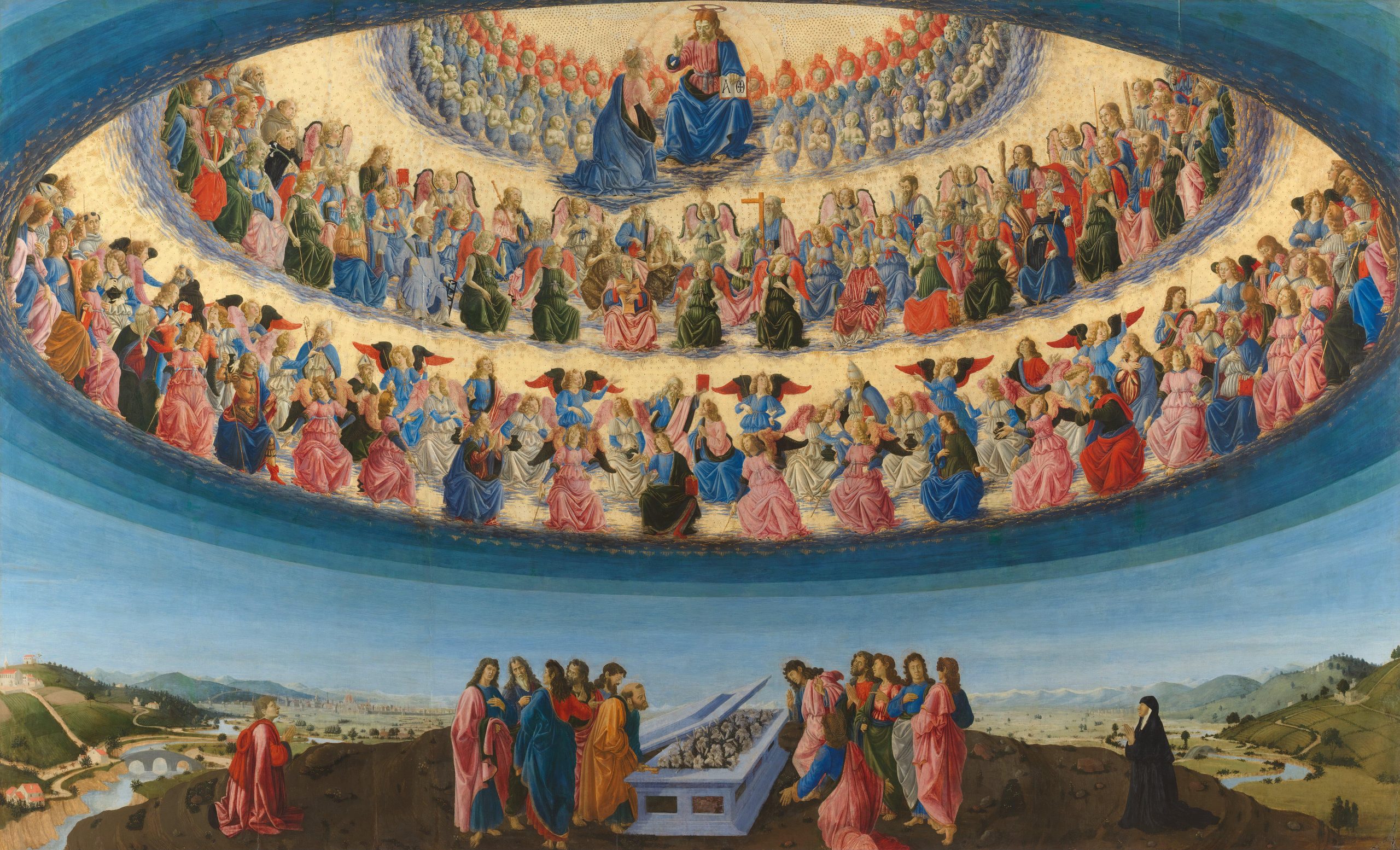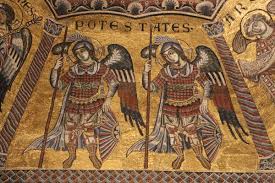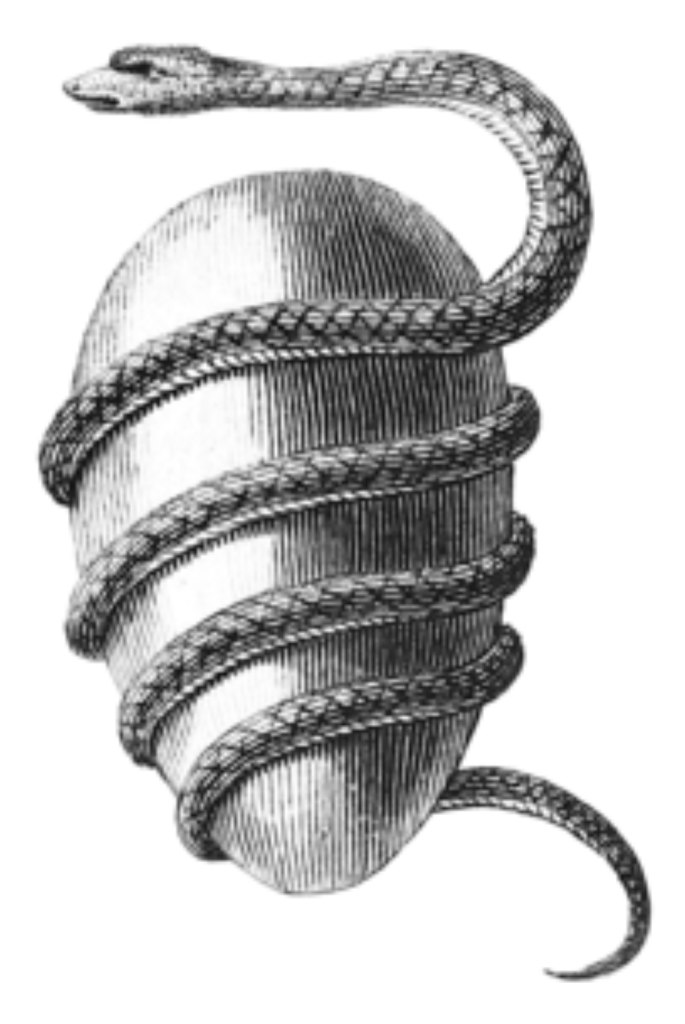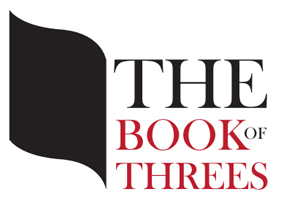
Angels have fascinated humanity for millennia, appearing in religious texts, art, and cultural traditions across the world. In Christian theology, particularly following the influential 5th-century work “De Coelesti Hierarchia” (On the Celestial Hierarchy) attributed to Dionysius the Areopagite, angels are organized into a specific hierarchical structure. This structure, known as the angelic hierarchy or celestial hierarchy, consists of nine distinct orders or choirs of angels, each with unique roles and characteristics.
The Three Spheres
The angelic hierarchy is traditionally divided into three spheres, each containing three orders of angels. These spheres represent the angels’ proximity to God and their primary functions in the divine plan. The three spheres are Counselors, Governors, and Messengers.
First Sphere: The Counselors
The angels of the First Sphere are closest to God, continuously circling the throne of the Divine and serving as direct counselors.
1. Seraphim
The Seraphim (singular: Seraph) occupy the highest rank in the angelic hierarchy. Their name means “the burning ones” in Hebrew, representing their intense proximity to God. According to Isaiah 6:2, they have six wings: two covering their faces, two covering their feet, and two used for flying. They are often depicted as being red in color, symbolizing their burning love for God.
The Seraphim’s primary role is to ceaselessly worship God, chanting “Holy, Holy, Holy” around the throne of the Divine. They are considered the caretakers of God’s throne and regulators of the heavens.
2. Cherubim
The Cherubim (singular: Cherub) are the second-highest order of angels. Despite popular modern depictions as chubby, childlike figures, biblical Cherubim are majestic and powerful beings. In Ezekiel’s vision (Ezekiel 10), they are described as having four faces (of a man, an ox, a lion, and an eagle) and four wings covered with eyes.
The Cherubim serve as guardians and bearers of God’s glory. They guarded the way to the Tree of Life in Eden after Adam and Eve’s expulsion, and they were represented on the Ark of the Covenant. They are considered the keepers of celestial records and divine knowledge.
3. Thrones
The Thrones (also known as Ophanim or Wheels) are the third order in the First Sphere. As described in Ezekiel’s vision, they appear as interlocking wheels with multiple eyes. These strange, wheel-like angels are sometimes interpreted as representing the divine justice and authority of God.
The Thrones serve as God’s chariot and are the bearers of His throne. They are living symbols of God’s justice and authority, administering His decisions throughout the universe. They are completely submitted to God’s will and serve as the instruments of His divine justice.
Read more: The 9 Levels of Angels: Understanding the Celestial HierarchySecond Sphere: The Governors
The angels of the Second Sphere govern the celestial bodies and natural forces, serving as administrators of the divine plan.
4. Dominions
The Dominions (also known as Lordships) are the first order of the Second Sphere. They are depicted as beautiful humanoid figures wearing crowns and holding orbs of light or scepters, symbolizing their authority.
The Dominions regulate the duties of the lower angels and rarely make themselves known to humans. They are responsible for ensuring that the cosmos remains in order by directing the activities of the lower angelic orders. They receive their commands from the Seraphim and Cherubim and delegate responsibilities to the lower choirs.
5. Virtues
The Virtues (also called Strongholds) are the second order of the Second Sphere. They are often depicted as radiating light and energy, associated with acts of heroism and courage. Their name comes from the Latin “virtus,” meaning “strength” or “power.”
The Virtues are responsible for maintaining the natural order of the universe and supervising the movements of celestial bodies. They are seen as the angels who provide courage and strength during times of struggle, bringing God’s grace to those demonstrating faith. They are also considered the creators of miracles on Earth.
6. Powers
The Powers (also known as Authorities) are the third order of the Second Sphere. They are often depicted as warrior angels, wearing armor and bearing weapons. Their name reflects their power over evil forces.
The Powers are the bearers of conscience and keepers of history. They are warrior angels who defend the cosmos and humans against evil forces. They are also responsible for the distribution of power among humans on Earth, making sure that power is used for good and not evil.
Third Sphere: The Messengers
The angels of the Third Sphere are those most concerned with human affairs and direct interactions with humanity.
7. Principalities
The Principalities (also called Rulers) are the first order of the Third Sphere. They are typically depicted as figures wearing crowns and carrying scepters, symbolizing their authority over nations and large groups.
The Principalities are responsible for watching over nations, cities, and large groups of people. They guide and protect leaders of countries, groups, and institutions. They are considered the educators and guardians of the realm of Earth, inspiring arts and sciences.
8. Archangels
The Archangels are the second order of the Third Sphere and are perhaps the most well-known angels in popular culture. They are typically depicted as powerful, winged beings with swords or other symbols of authority.
Despite their position in the hierarchy, Archangels are among the most recognized angels, with names like Michael, Gabriel, Raphael, and Uriel being widely known. They are God’s emissaries to humans for the most significant messages and are often depicted as great warriors against evil. They oversee large projects and groups of guardian angels.
9. Angels
The Angels, the third order of the Third Sphere, are the most common and recognized class of celestial beings. They are usually depicted as winged humanoid beings, often shown guarding or guiding humans.
The Angels are the closest to humanity and serve as guardians and messengers to individuals. They are the most numerous and act as intermediaries between God and humans. Each person is believed to have a guardian angel assigned to them at birth.
Conclusion
The nine levels of angels represent a complex and fascinating spiritual hierarchy that has influenced religious thought, art, and literature for centuries. From the mighty Seraphim constantly praising God to the guardian Angels watching over individual humans, this celestial structure provides a framework for understanding how divine will might be organized and expressed throughout creation.
Whether viewed as literal spiritual beings or as metaphorical representations of divine aspects, the angelic hierarchy continues to capture our imagination and reflects humanity’s enduring fascination with the bridge between the divine and earthly realms.
Understanding these nine levels helps us appreciate the rich tapestry of beliefs that have shaped religious tradition and continues to inspire spiritual contemplation today.











































